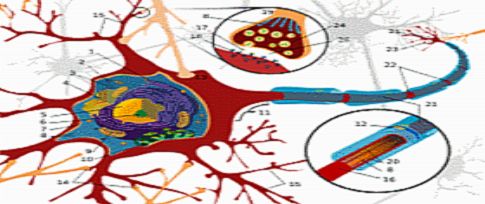
|
|
 |
Eating fish twice a week 'can help prevent eye disease'___________________________www.telegraph.co.ukVital nutrients found in fatty fish like salmon and tuna can stave off the progression of age-related macular degeneration (AMD), which affects around 200,000 people in Britain and is the leading cause of blindness in the elderly.More and more people are predicted to develop the condition, which initially involves an inability to make out fine details, as the population ages.Researchers say that the omega 3 fatty acids found in fish could offer protection against the disease.Their findings, published in the British Journal of Ophthalmology, show that progression to both the dry and wet forms of advanced disease was 25 per cent less likely among those who ate a diet rich in omega 3 fatty acids.The study questioned almost 3,000 people about their general diet and then monitored development of the condition over eight years.Half of the volunteers were also given some form of daily supplement, including antioxidants such as vitamins C and E and beta-carotene, a form of vitamin A found in plants and fruits.However, the researchers, from Tufts University in Boston, found that combining a diet high in fatty acids with supplements appeared to be counterproductive.Those who took the antioxidants as well as zinc and beta-carotene were 50 per cent more likely to develop the advanced disease, they found.The study also found that eating foods like wholegrain bread, which release sugar slowly into the bloodstream, can protect against the disease developing.Substituting five slices of white bread for wholegrain every day could cut the chance of the disease progressing over five years by eight per cent, the authors of the report believe.Combining high levels of omega 3 fatty acids and a low carbohydrate diet can reduce the risk of progression to advanced disease even further, by 50 per cent, the study also found.Over time the back part of the eye can degenerate, causing the disease, which can also be triggered by new blood vessels growing and bleeding in the region.Previous studies have suggested that fatty acids may protect the eyes by reducing inflammation, preventing the formation of new blood vessels or limiting the damage that oxygen can cause to the cells in the retina. |
Website Maintained By L VISHNU PRASAD ,Chennai ,India.

